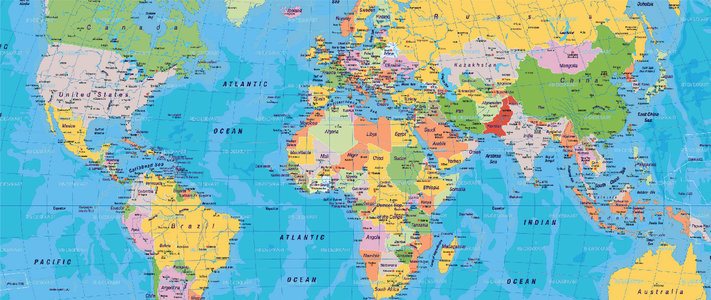Economist: Tariffs eclipse tax cuts as big story in 2018
by December 2, 2018 11:28 am 364 views

UA Walton College of Business economist Mervin Jebaraj says President Trump’s tariffs have likely overshadowed tax cuts as the major economic story for 2018.
Appearing on this week’s edition of Talk Business & Politics, Jebaraj said that the positive economic growth and stimulus that was aided by GOP tax cuts have been undermined by Trump’s trade policies on tariffs with China, Canada, Mexico and the European Union.
“Tariffs, I think, have ended up becoming the big economic story in 2018 when it really should’ve been the positive economic growth that should’ve come from the tax cuts and stimulus passed at the end of 2017,” he said.
In recent days, the leaders of the U.S., Mexico and Canada have signed the new trilateral trade agreement known as USMCA, or the United States-Mexico-Canada Agreement. However, Congress must approve the deal in the U.S. and Jebaraj says that there are still further negotiations ahead that won’t offer relief immediately.
“If you look at some of our biggest trading partners, the stake Canada and Mexico — two of our largest trading partners here in Arkansas and for the U.S. as well — we have a new NAFTA agreement. So that’s good news. There’s at least some long-term certainty about what trading relations and supply chains will look like between Canada, the United States, and Mexico going forward.
“But what hasn’t happened yet is that the United States imposed steel and aluminum tariffs in Canada and Mexico. Those are still in effect. As a result, the retaliatory tariffs that Canada and Mexico imposed on the United States, Canada alone has imposed about $225 million worth of retaliatory tariffs just on Arkansas, all of those are still in effect. So, even if they sign this new NAFTA agreement, all of those steel and aluminum tariffs and retaliatory tariffs on Arkansas products are still in effect, and that is affecting Arkansas businesses across different sectors,” Jebaraj said.
Over the weekend, the U.S. and China — which have been embroiled in escalating tariff hikes — agreed to a 90-day pause suggesting that negotiating progress was being made. Jebaraj said that if a deal is not worked out between the two superpowers, additional tariffs could be layered on American businesses.
“We currently impose a 10% tariff on 200-something billion dollars worth of Chinese imports. They have imposed retaliatory tariffs on a variety of different products. One that’s hardest hit in Arkansas is obviously soybean exports to China,” he said. Jebaraj noted that without the pause, those 10% tariffs will leap to 25%.
“I think this is starting to affect consumers’ pocketbooks as well,” he said. “So far, manufacturers are picking up some of this, and consumers are paying the rest of it. Depending on what sector you’re looking at, some of them are half and half and others where consumers are picking up the entire tab of the increase. But when those tariffs go to 25% on January 1st, unless there is some miraculous progress in the trade talks between the United States and China, you’ll see consumers really feel the pinch of those tariffs imposed on $200 billion worth of Chinese imports.”
He warns too that without the easement or elimination of tariffs, the prospect of a global economic slowdown increases greatly.
“Looking at all these tariffs and trade wars between all of these different countries, global economic growth, the outlook for global economic growth has been reduced. People are expecting slower economic growth across the globe over the next few years,” Jebaraj said.
Watch his full interview below for more on the latest Arkansas GDP (gross domestic product) reading and his suggestions to state lawmakers for advancing workforce development in the 2019 session.
